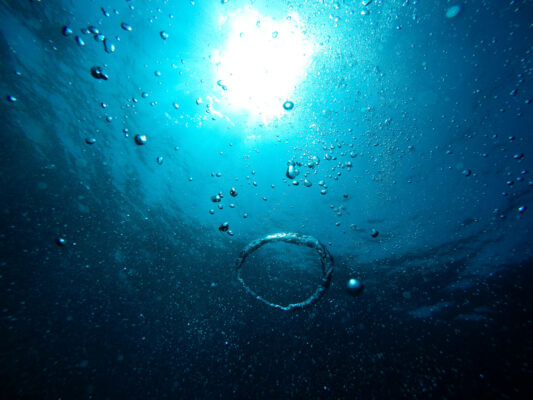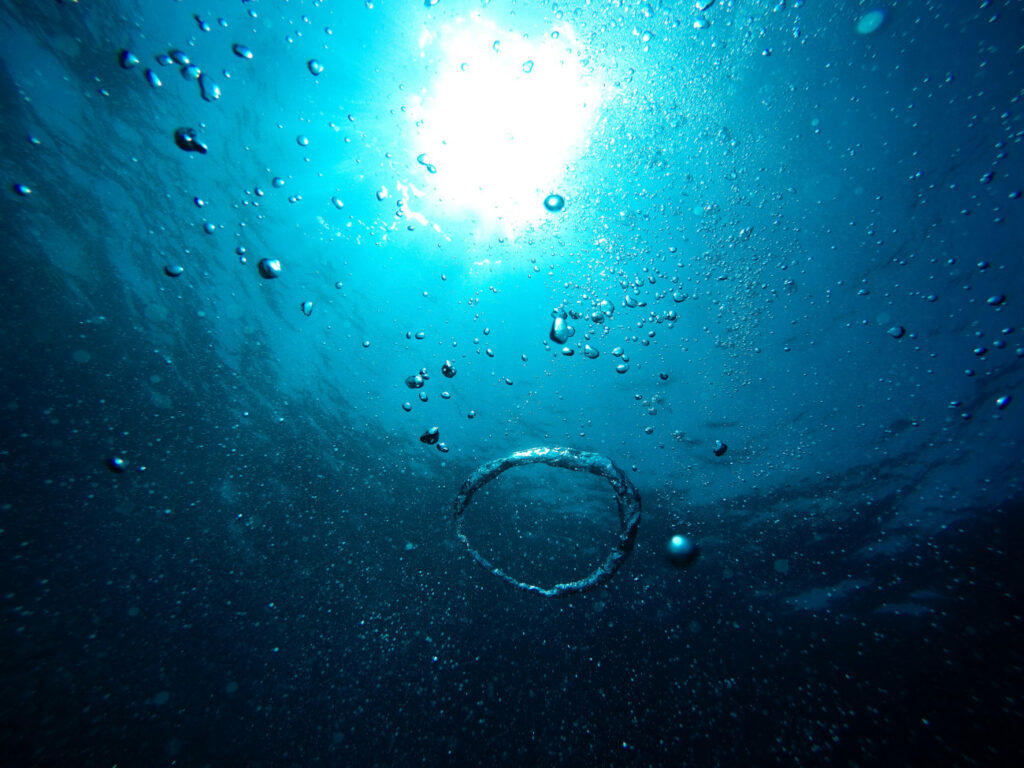Marine Biodiversity: An Underappreciated Foundation for Human Rights

As the world now grapples with one of the gravest challenges to human health in recent decades, we are offered up yet another stark reminder of our existential need for and reliance on biodiversity, including marine biodiversity. A recent blog post by the Woods Hole Oceanographic Institute reveals that the test used to identify the novel coronavirus relies on an enzyme derived from an organism found at deep sea hydrothermal vents and freshwater hot springs —some of the most remote environments on the planet.
By providing a means to measure, and therefore help manage, the spread of this global pandemic, this enzyme is proving pivotal to the enjoyment of fundamental human rights, including the rights to life and health. In doing so, this obscure organism will also contribute to restoring the global economy —an idea at odds with the commonly held view that environmental considerations are a hindrance to economic growth. Thus, while for many of us, marine biodiversity occupies a space at the periphery of our consciousness; a “nice-to-have” that is secondary to such concerns as the economy, our health and our lifestyle choices, marine biodiversity conservation is not ‘just’ an environmental issue: it’s a human rights issue too.

In addition to highlighting the inherent value of marine biodiversity, this recent discovery vividly shows that the benefits of biodiversity can be both global and unknown. There are many other examples of the importance of marine biodiversity for the human right to health. In recent years, marine biodiversity has yielded various leads in biomedical research, including prospective cures for cancer, Alzheimer’s and chronic pain. Much remains to be understood, however, about the immeasurable and intangible prospective value of marine biodiversity, even if more clarity has been achieved on the linkages between biodiversity and human health (as detailed in a 2018 report by the WHO Director-General, and the 2016 report Connecting Global Priorities: Biodiversity and Human Health). Equally, much remains to be understood about the opportunities to enhance its legal protection also on the basis of international human rights law, as biodiversity continues to be lost at an unprecedented rate due to various human activities.
As a PhD researcher within the One Ocean Hub, I am investigating the opportunities and challenges of ensuring the protection of marine biodiversity as a human rights issue. My key research questions include: to what extent is marine biodiversity already recognised as a human rights issue? How can this recognition be strengthened further? How can international human rights law support giving the appropriate consideration to the conservation of marine biodiversity in decision-making? These questions are all the more pertinent as we are failing in our efforts to protect biodiversity more generally (as detailed in the 2019 IPBES Global Assessment Report on Biodiversity and Ecosystem Services) and we approach the dawn of commercial deep-seabed mining which, unless properly managed, threatens to cause the largest and “possibly irrevocable” harm to an unknown environment that potentially holds a trove of opportunity for the protection of fundamental human rights on earth.